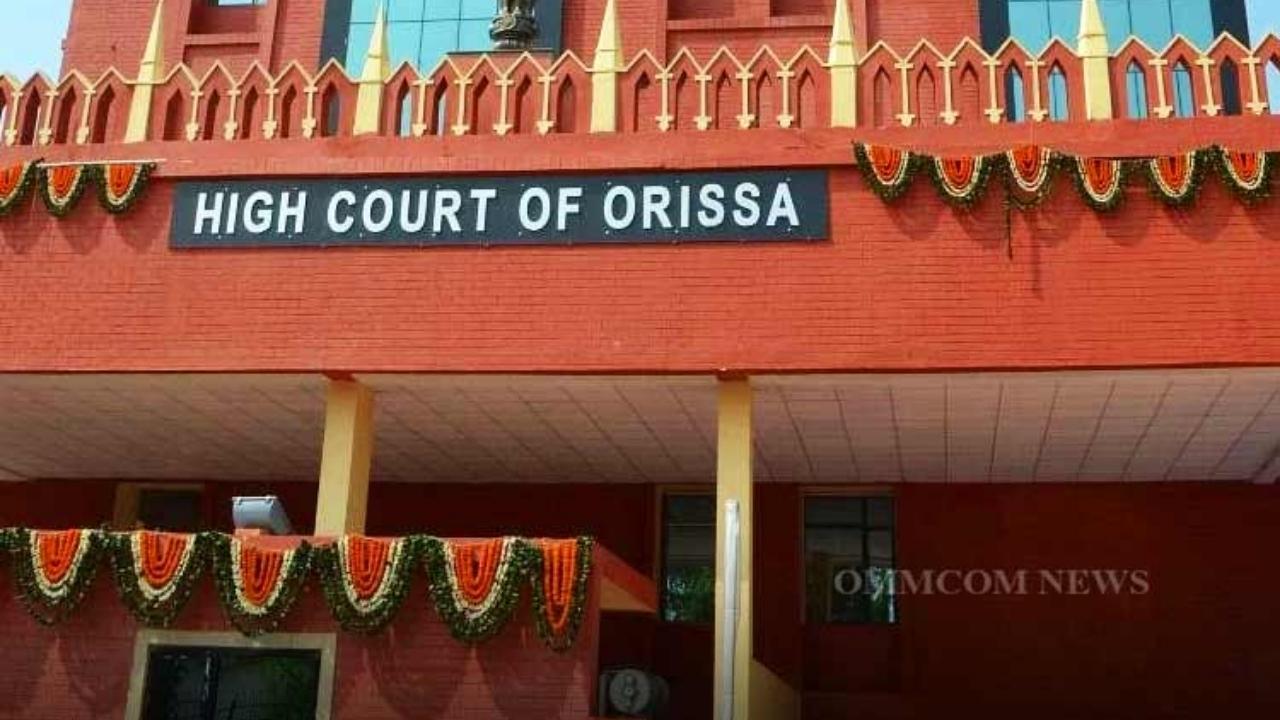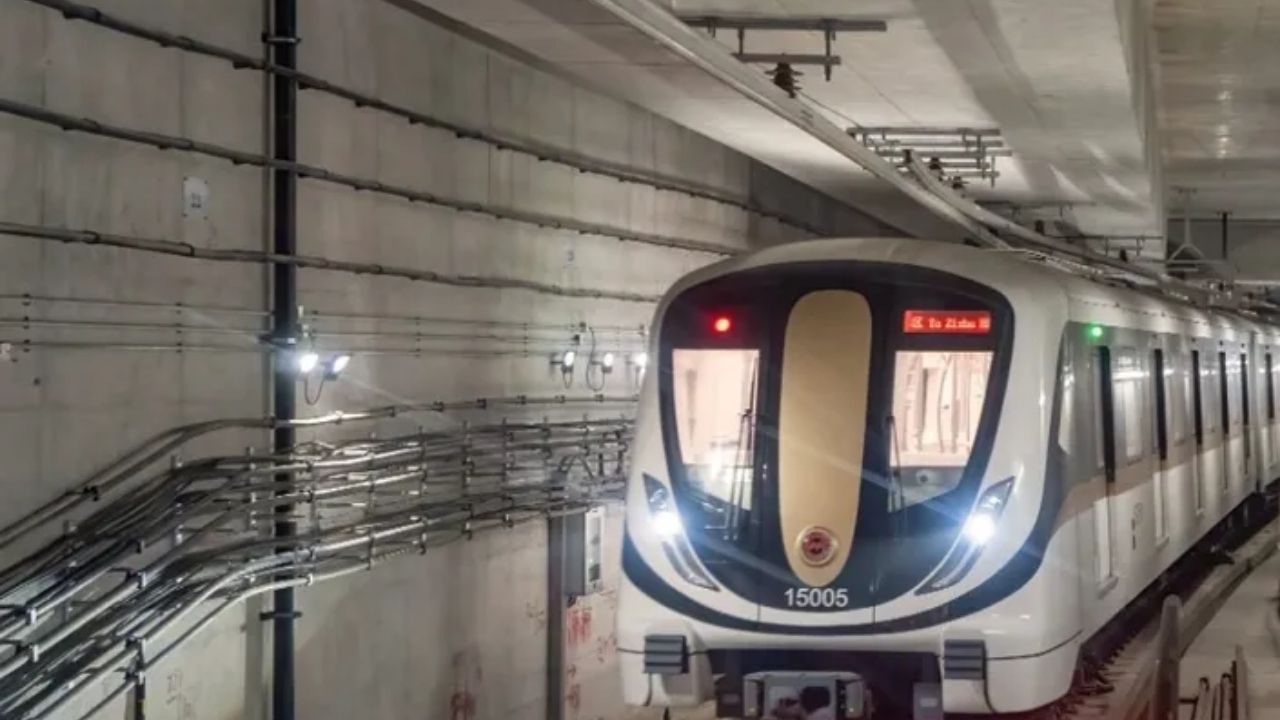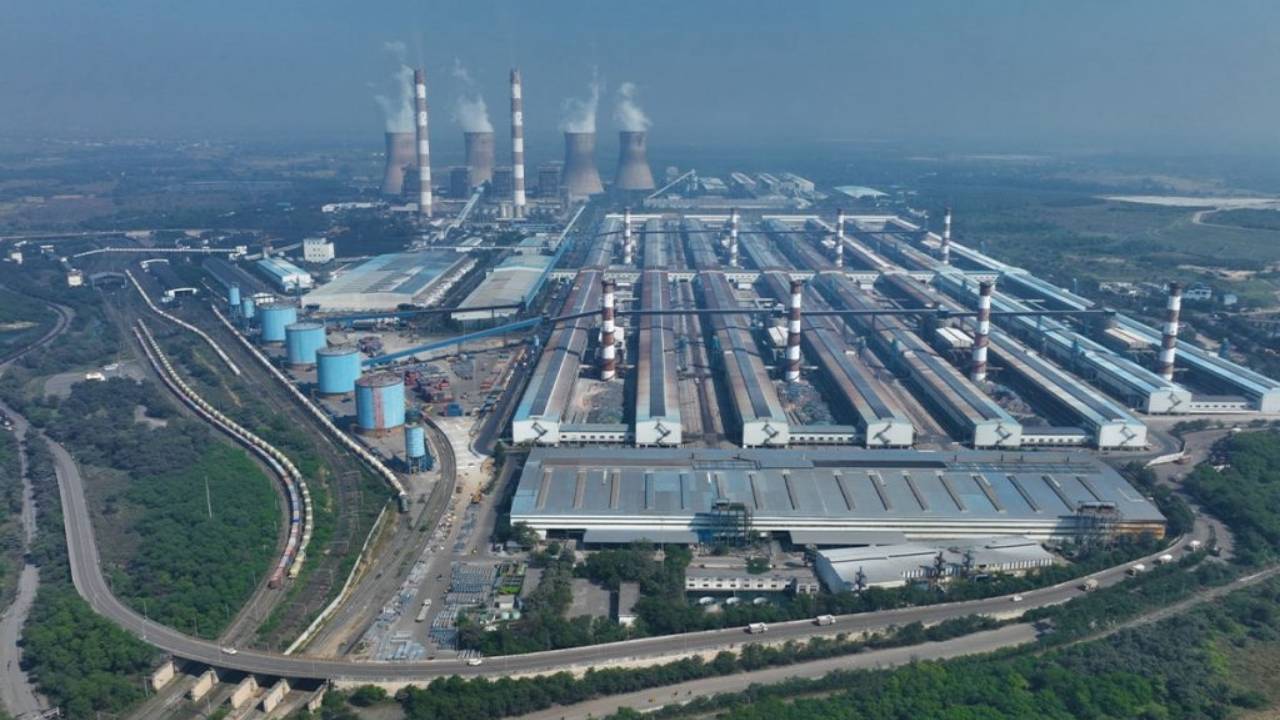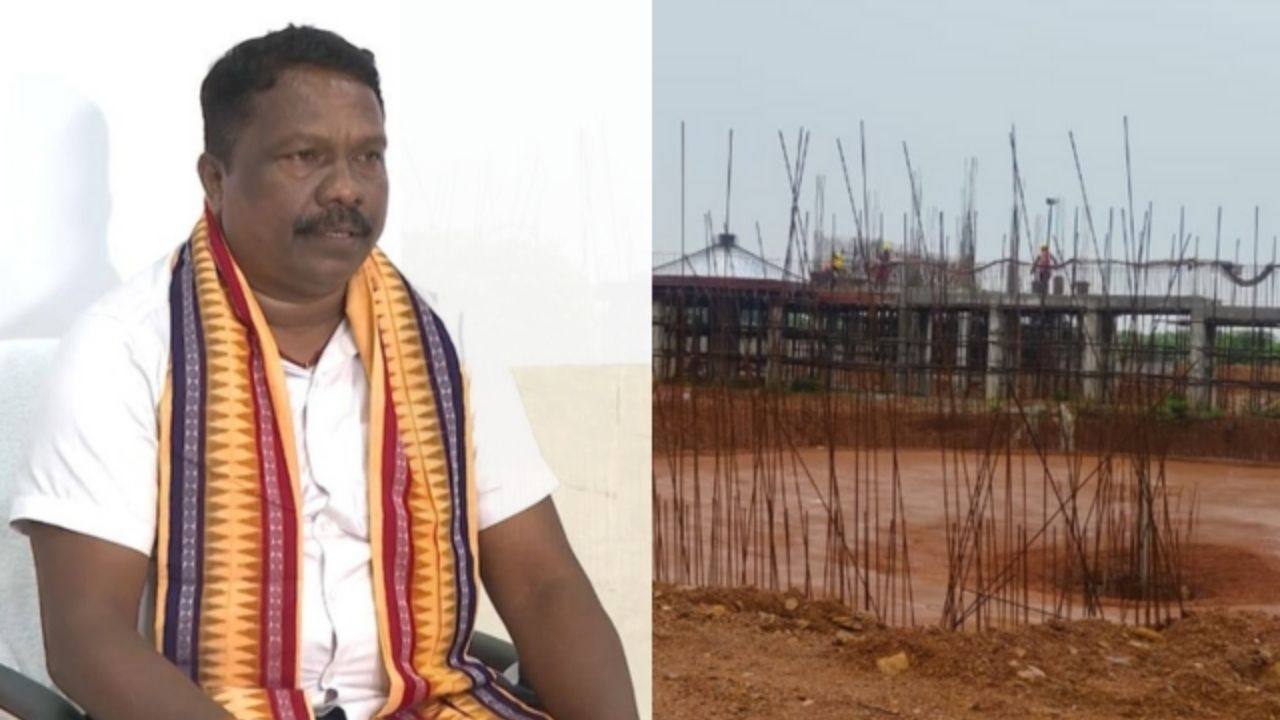Odisha, a state rich in culture, history, and tradition, is making massive strides in strengthening its judicial infrastructure. This includes the establishment of 56 new courts and the recruitment of 840 judicial positions aimed at addressing the ever-growing backlog of cases and improving the efficiency of the justice system. The initiative is designed to create a faster, more accessible legal framework that serves both the public and legal professionals more effectively.
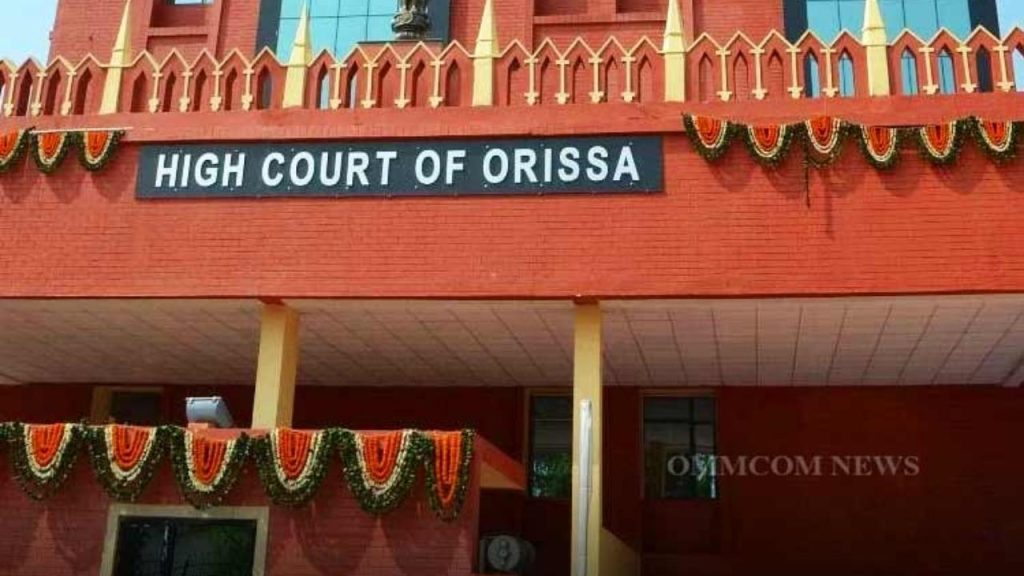
The Odisha government, recognizing the pressure on its existing courts, has stepped in with a solution that will bring relief to the state’s justice system. With an aim to enhance the delivery of justice, reduce case delays, and improve the accessibility of courts, this move is set to benefit both citizens and the judiciary. Let’s dive into the details of how these new courts and job opportunities will transform Odisha’s legal landscape.
Odisha’s Judicial System with 56 New Courts and 840 Jobs
| Key Information | Details |
|---|---|
| Number of New Courts | 56 |
| Total Jobs Created | 840 judicial positions |
| Court Categories | Includes Senior Civil Judge and Junior Civil Judge courts |
| Objective | To reduce the case backlog, expedite justice, and improve access to courts in Odisha |
| New Judicial Complex | A new state-of-the-art court complex was inaugurated in Bhubaneswar in December 2024 |
| Official Website | Orissa High Court Recruitment Portal |
Odisha’s new initiative to strengthen its judicial system with 56 new courts and 840 judicial positions marks a significant milestone in the state’s journey toward modernizing its legal infrastructure. By expanding the court system and creating more jobs, the state is setting the stage for faster, more efficient, and fairer justice for all.
For legal professionals, this means more opportunities to grow their careers. For citizens, it translates to quicker access to justice and a reduction in case delays. These reforms are a win-win, not only for those involved in legal proceedings but for the entire state of Odisha. The new Judicial Court Complex in Bhubaneswar and the expanded workforce are sure to bring long-lasting benefits to the state’s legal system, ensuring that justice is accessible to everyone.
A Closer Look at Odisha’s Judicial Reforms
Why Does This Matter?
If you’ve ever dealt with the legal system, whether for a small claim, a family dispute, or something bigger, you know how long and frustrating the wait for a court date can be. For years, Odisha, like many other states, has struggled with an overloaded court system, leading to delayed justice. The state’s judicial backlog had become a major issue, and the increase in population, coupled with more complex legal cases, only made matters worse.
The 56 new courts are expected to significantly ease this pressure, offering a more efficient way to handle cases. This initiative comes at a time when the Indian judiciary has been facing a growing backlog, with cases pending for months, even years, before being resolved. By expanding its court system, Odisha hopes to reduce case backlogs, provide speedier trials, and ultimately ensure that justice is delivered in a timely manner.
What Are the New Courts Going to Do?
The newly established courts will include Senior Civil Judge and Junior Civil Judge positions. Each of these courts will be tasked with handling a specific type of case. Senior Civil Judges generally handle more complex matters like property disputes, family law issues, and civil suits, while Junior Civil Judges often deal with smaller, simpler cases such as consumer disputes, small claims, and local legal matters.
By creating these courts, Odisha is not just increasing the number of judges but also streamlining how cases are handled. Each court will focus on particular types of disputes, ensuring that cases are dealt with by judges who specialize in those areas. This specialization helps speed up the process and reduces confusion, leading to faster resolutions.
How the 840 New Jobs Will Impact the Legal Landscape
In addition to the creation of the new courts, the 840 judicial positions approved by the government will have a direct impact on the legal workforce. These jobs will include Civil Judges, Senior Civil Judges, and other important roles needed to support the expanded court system. Let’s break it down:
- Civil Judges – These judges will be responsible for handling cases in the newly created junior courts. They will likely see cases involving civil disputes such as contracts, property issues, and personal injury claims.
- Senior Civil Judges – These judges will be in charge of more serious civil cases and will manage the senior-level courts.
- Other Key Positions – Along with the judges, there will be support staff positions, including court clerks, administrative staff, and other legal assistants to help ensure the courts run smoothly.
This move not only creates job opportunities for legal professionals in Odisha but also opens the door to a more efficient legal process. With more qualified individuals working in the system, the overall judicial capacity will increase, allowing courts to handle cases more quickly and effectively.
The New Court Complex in Bhubaneswar: A Symbol of Progress
One of the most exciting aspects of these reforms is the inauguration of a new Judicial Court Complex in Bhubaneswar in December 2024. The complex was inaugurated by the President of India and features state-of-the-art facilities designed to streamline the judicial process.
This modern facility incorporates advanced technologies to support legal proceedings, making it easier for legal professionals, citizens, and the judiciary to interact efficiently. The complex is intended to be a symbol of Odisha’s commitment to improving its judicial system and ensuring that the courts are equipped to handle the growing number of cases in the state.
Features of the New Complex:
- Modern Infrastructure – The new court complex includes comfortable courtrooms, legal libraries, and tech-enhanced systems to help with case management and document handling.
- Accessible Design – The design of the complex focuses on accessibility, ensuring that people can easily reach the building and navigate its facilities. This is crucial for reducing delays and ensuring citizens can access justice without unnecessary barriers.
- Integration of Technology – By incorporating the latest technology, the complex is prepared for a future where digital court hearings, online case tracking, and electronic filings are standard practices.
The establishment of this complex signifies a major shift in the state’s approach to the judicial system. It’s not just about building more courts; it’s about creating a more efficient, modernized, and people-centric system.
How This Affects the Average Citizen
While all these changes sound like they’re primarily for legal professionals and government employees, they directly benefit every citizen of Odisha. If you’ve ever faced a delayed trial or had to wait months for your case to be heard, the creation of 56 new courts will help reduce those waiting times. With more courts, there will be fewer cases per court, and therefore quicker resolutions.
Additionally, the 840 new jobs will help bring more qualified individuals into the system, ensuring that cases are handled properly and fairly. This means less chance of backlogs and a more responsive legal process.
In short, these judicial reforms will level the playing field for everyone in Odisha, ensuring that whether you’re a small business owner or an individual seeking justice, you will be able to navigate the legal system in a timely manner.
Rourkela Sees Surge in B.Tech and MBA Graduates Seeking Home Guard Jobs
INTACH Requests Heritage Tag for Janata Ranga Manch to Preserve History
Bhubaneswar’s Metro Ambitions Get Closer to Reality as Key Discussions Unlock New Possibilities
FAQs
1. What types of cases will the new courts handle?
The new courts will handle a range of civil matters, including property disputes, contract issues, and family law cases. Some of the courts may also focus on small claims and consumer protection cases.
2. How will these reforms reduce case backlogs?
By increasing the number of courts and judicial positions, Odisha will reduce the number of cases handled by each judge, enabling faster resolutions and quicker trial dates. This is expected to significantly reduce case delays.
3. Where can I apply for the new judicial positions?
The official recruitment portal for Odisha’s judicial vacancies is available on the Orissa High Court’s website. You can find details about job openings and apply for positions directly through this portal.
4. How will the new court complex impact the local community?
The new complex is designed to be more accessible and efficient, which means the local community will be able to resolve their legal matters faster. It also makes it easier for legal professionals to work in a modern, tech-enabled environment.

